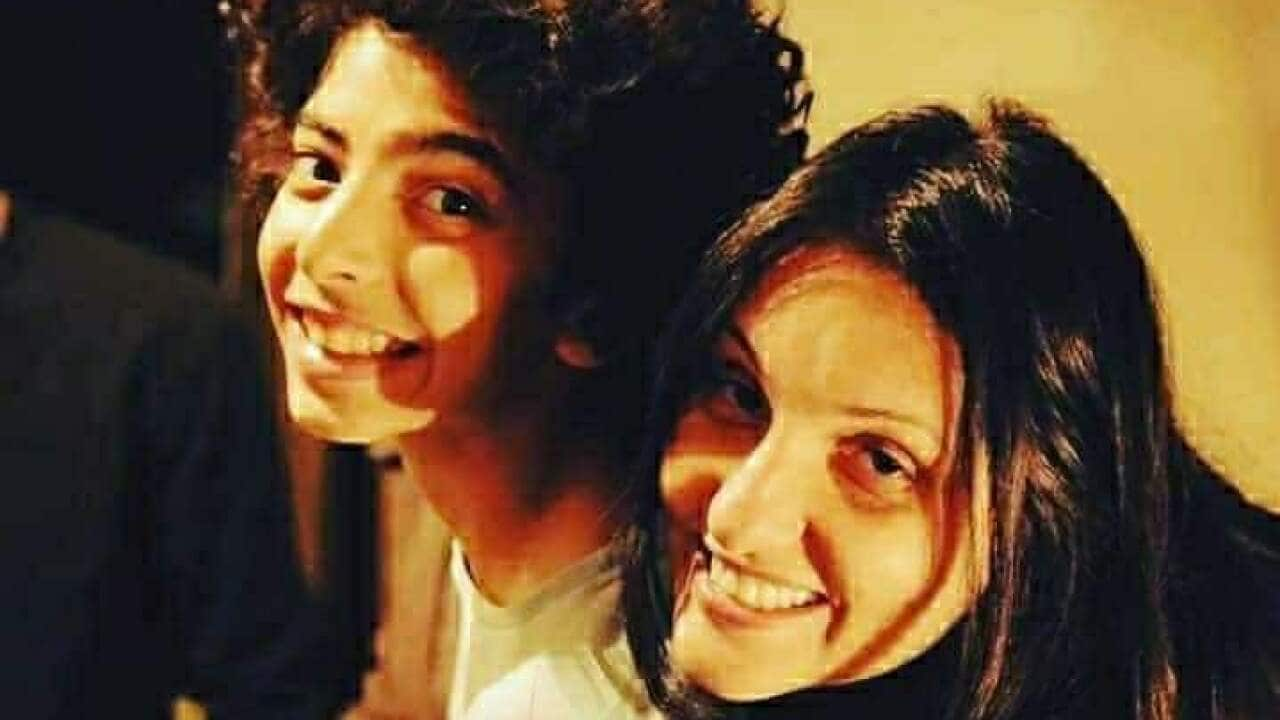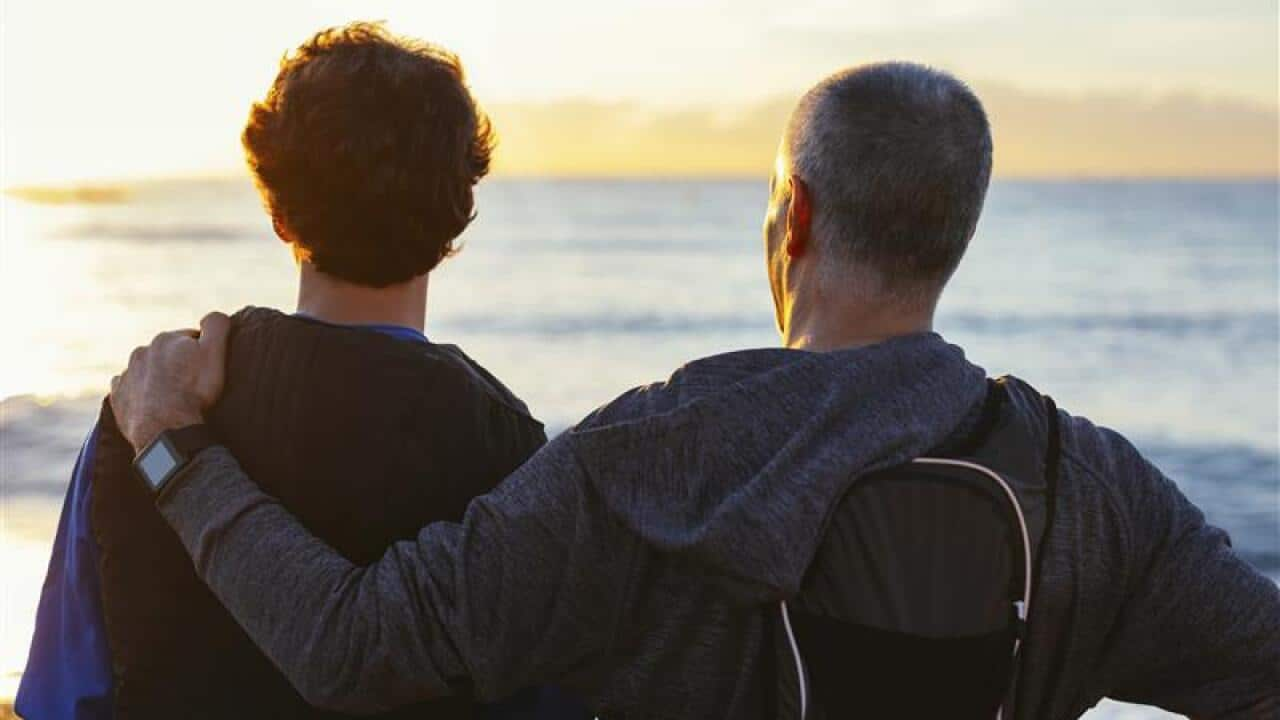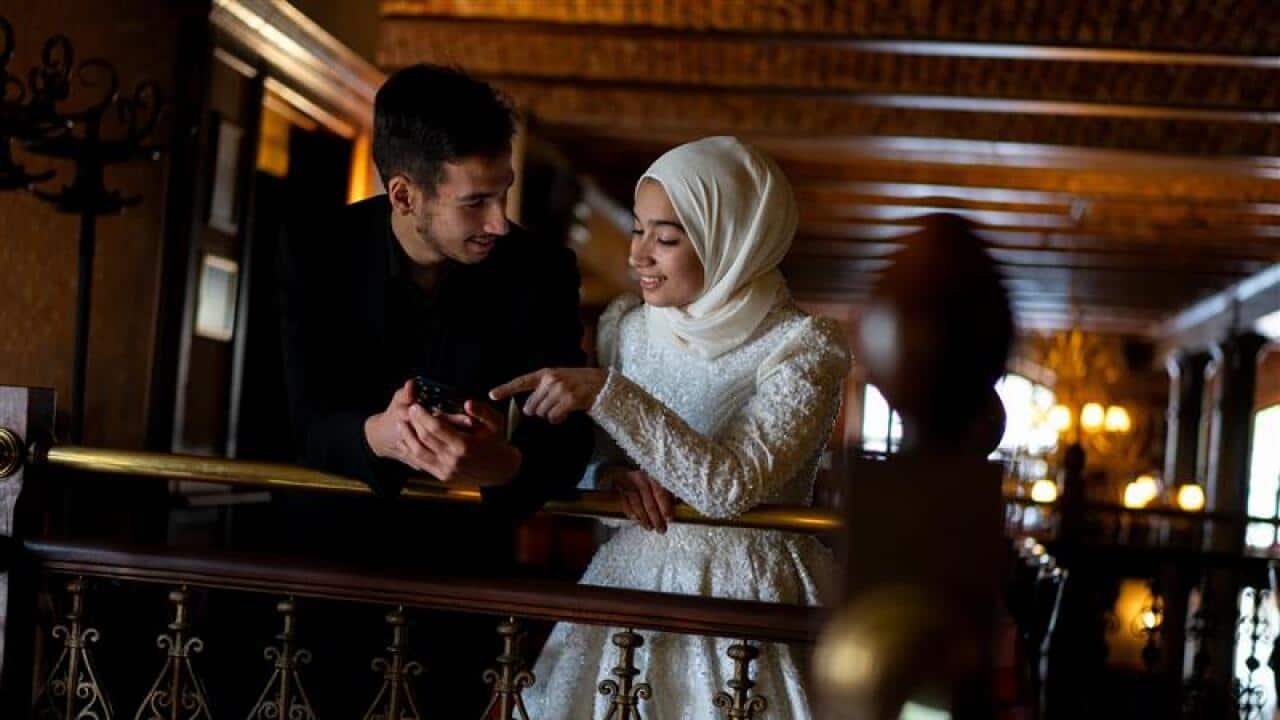The life of Egyptian activist Marwa Kenawy changed forever in May 2017.
That was when her 13-year-old son Youssef El-Arabi was killed after a stray bullet struck his head while he played in a local square in the town of 6th of October, 30km west of Cairo.
Machine gun rounds had been fired into the air in celebration during a wedding held near where the youngster was playing.
Four men were arrested following the incident, and three were charged with firing an unlicensed weapon and manslaughter; while the fourth was charged with firing an unlicensed weapon.
Two of the men were sentenced to five and seven years in prison respectively.
The remaining two, a police officer and the son of a prominent MP, evaded capture.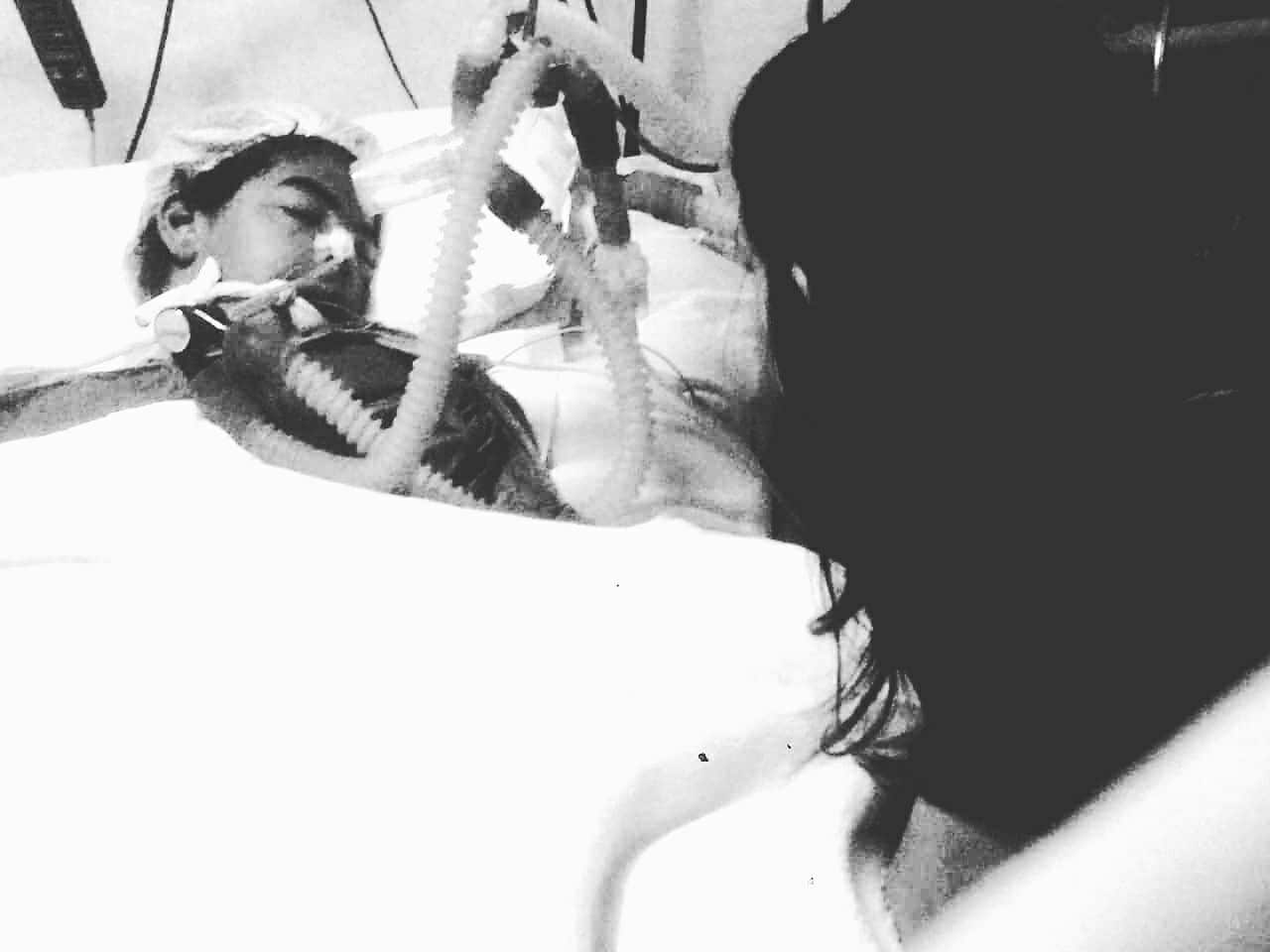 Ms Kenawy waited almost a year for the country’s judicial system to arrest the two men at large, to no avail.
Ms Kenawy waited almost a year for the country’s judicial system to arrest the two men at large, to no avail.

Youssef El-Arabi spent 12 days in a coma before his death. Source: Supplied
The police department sacked the police officer, but Ms Kenawy alleged that both men evaded imprisonment with the backing of the authorities and due to their social status.
Desperate to see justice done and following numerous appeals including an address to parliament, she decided to go on a hunger strike in March.
“I wanted my voice to be heard by as many officials and people as possible,” she told SBS Arabic24.
“I also wanted to raise awareness that shooting during celebrations get people killed.”
The court retried the two defendants in absentia on their lawyers’ request, and they were again found guilty and each sentenced to seven years in prison.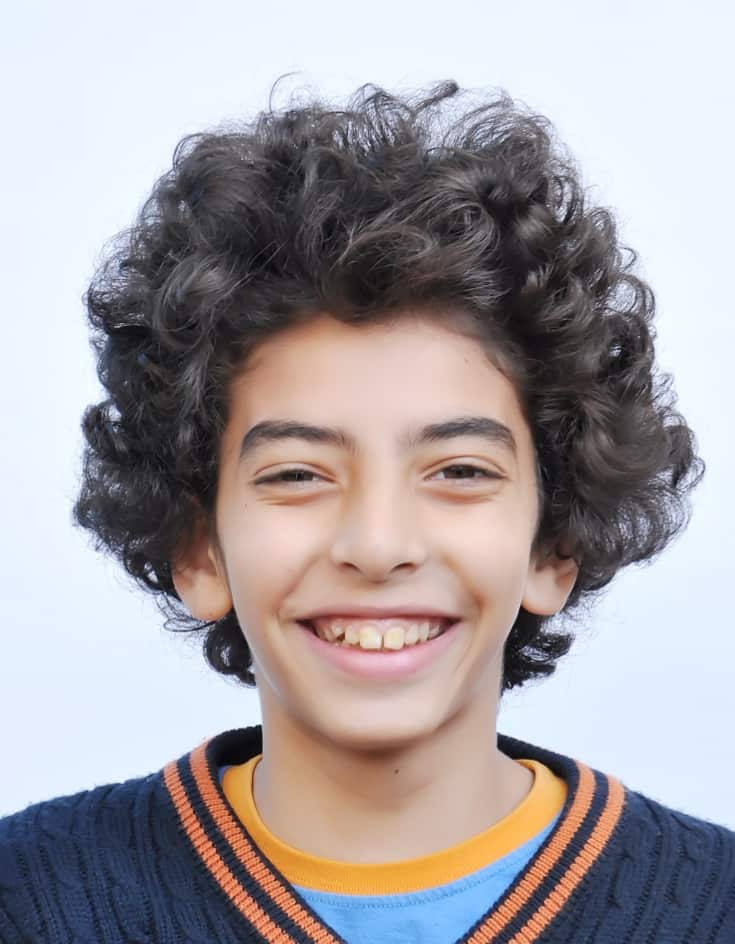 It was on the day of the ruling that Ms Kenawy decided to end her hunger strike after 45 days. The following day both men turned themselves in.
It was on the day of the ruling that Ms Kenawy decided to end her hunger strike after 45 days. The following day both men turned themselves in.

Source: Supplied
She remembers the bittersweet moment at hearing that the men were in custody.
“The feeling of victory was great, the joy with enormous, I couldn’t even cry, I couldn’t express my feelings at that moment,” she says.
She says her son was also her “best friend”.
“I used to treat Youssef as my friend, not my son,” she says, admitting that her love transcended into a fierce defence of her first-born following the incident.
“After his death, I felt this fierce motherhood, my relationship with him turned completely to pure motherhood.
“I have experienced this feeling before, particularly when he would get into fights with his friends and I protect him.”
Despite the victory, memories of her beloved son endure.
“I always see his face when he used to come to me to complain about something when he was little,” she says.
“I put this picture of him always in front of me, I see him blaming lots of people for what happened to him.
“His life meant a lot to me, and I will do everything I can so it won’t go in vain.”
Ms Kenawy says she was always confident that her peaceful protest would pay off.
“I don’t know why, but I was sure my demands will be met,” she says. “I thought domestic and international pressure will make the state make a move to arrest them.
“There were times along the way that I felt very disappointed but I decided to continue.”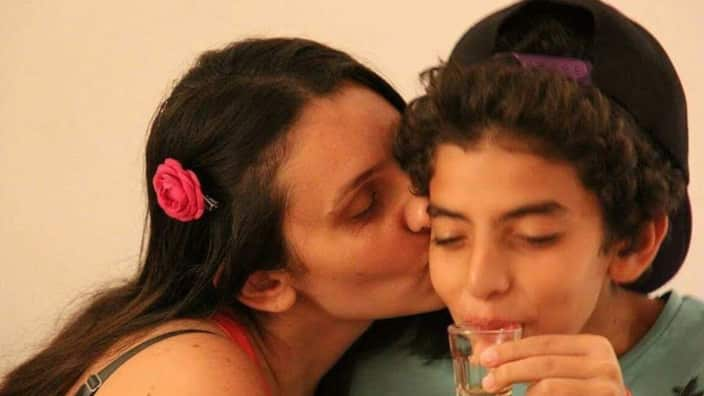 The tradition of shooting into the air in celebration, while common in villages in Upper Egypt, is rare in regions near the country’s capital.
The tradition of shooting into the air in celebration, while common in villages in Upper Egypt, is rare in regions near the country’s capital.

Marwa Kenawy with her son Youssef El-Arabi Source: Supplied
Doing so is not only considered a show of joy but also a show of one’s wealth and power.
The action occurs in many Arab countries and casualties are common.
The families of other victims contacted Ms Kenawy following the incident to show support.
It led her to launch an awareness campaign about the dangerous tradition.
“I am now focusing on the campaign I started to raise awareness against shooting live bullets on different occasions. I hope the momentum my case had would help in carrying our message across to different areas and countries,” she says.
"Shooting in celebrations is a bad tradition that should end.
“I also want to tell Youssef that what happened to him will not go without consequences, that there are many things that will change because of him.”
A 45-day hunger strike
The journey of striking was not easy on her or on her family. As the strike went on, her body started to fail.
“I lost weight, health and I was hurt a lot psychologically, me and my family,” she says.
“In the last ten days, I stopped doing anything completely, I stayed in bed and went to the hospital twice.
“My blood pressure and sugar levels were very low, and I almost had no energy."
The support base she created at the beginning of the strike came back to support her in the final days.
“I started to feel the support of people around me, they were encouraging me which gave me the motivation to go on with my strike.”
Following the strike, she continually has her health checked to ensure that the protest doesn’t have permanent ramifications.
